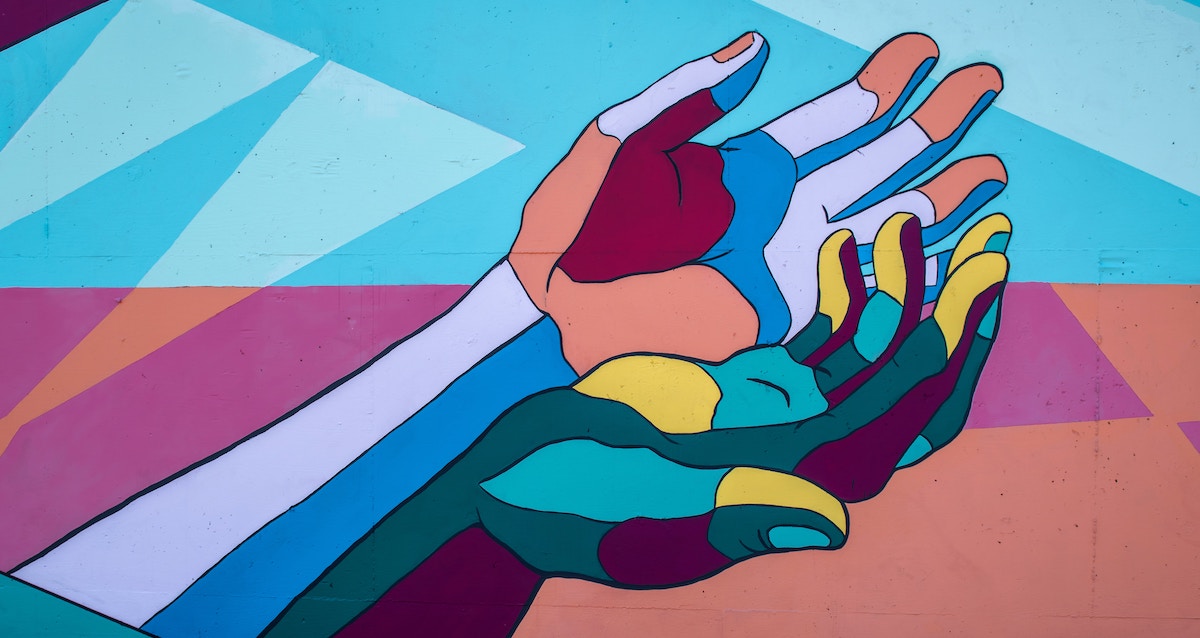
What Is a Special Education Teacher?
Too many people have no idea how much teachers in [...]
“So, what do you do?”
When I was in the classroom, I almost always answered, “I’m an educator.” Or, “I work in special education.” It sounded better than saying, “I’m a teacher,” and then hearing the predictable refrain of “summers off, short workdays, and you get to play all day.”
While is it easy to debunk the commonplace myths of a career as a teacher, what is not as discernible are the misconceptions surrounding special education teachers.
Special education teachers have unique challenges that even their general education counterparts don’t quite understand.
Here are some of the biggest misconceptions about being a special education teacher.
I have had the privilege of working with many special educators over my 15 years in the field and only a handful of them would I describe as “patient.” The overgeneralization of this personality trait also fails to describe both what a special education teacher does and is.
A better descriptor of special education teachers would be “professional.” If you have been in education for a long time (over five years), you have survived because you are competent, reliable, respectful, flexible, and have integrity.
The vast majority of special educators are experts at specialized instruction strategies, accommodations, and behavior management. Save your accolades of “patience” for the poor customer service representative that takes the angry call about your cell phone bill.
| University and Program Name | Learn More |
|
Merrimack College:
Master of Education in Teacher Education
|
When you only look at the numbers, it does seem lopsided. In a typical elementary school classroom, there are anywhere from 20-30 students. In a special education program classroom, 8-15 students depending on the severity of their disability.
The level of support for students in a special education classroom is high. Whenever you put students with similar disabilities together, it is going to be difficult (though not impossible) to educate them because of the wide variety of needs.
Usually, special education teachers have to teach multiple grade levels at a time in a special education classroom. For instance, in a small group reading segment, there could be three different grades represented, and the students are all on different reading levels.
News stories about special education teachers putting kids in trash cans and dragging them down school hallways don’t do us any favors. These horrific examples only perpetuate the myth that special educators don’t care about their students or are in it for an easy paycheck.
There is nothing easy about being a special education teacher. But we love what we do. The next time you meet a special education teacher, ask them what their story is. Many times, a person’s path to becoming a special education teacher is a unique and inspiring one.
The truth is that we lose sleep over the students that we serve. We are problem solvers, and when there is a student that we are having trouble reaching, all we want is for them to succeed. I have conversations with special educators every day about this. We care about our students, and we won’t stop.
Ideally, we wouldn’t be talking about two separate education systems. But many school districts across the country separate students by disability. Still, others don’t even have the option of co-teaching classrooms and only have “resource rooms,” where students with learning disabilities spend most of their day.
When we have such a divide in educational systems, the misconception that special education teachers teach “those” kids and general education teachers teach “regular” kids becomes marked. If you are a teacher (special or not), your charge is to educate all children.
When special and general education teachers co-plan and co-teach, the results are marvelous. While general education teachers are masters of the state standards and curriculum, special education teachers are adept at adapting assignments to meet the instructional needs of learners who require it. Its a match made in heaven, as long as there is an expectation that they both teach all students.
I know teacher pay is a misconception for both special and general education teachers, but since it is a big one, I wanted to highlight it.
A typical teacher contract is for 180ish days. If the average teacher salary is $58,353, that is approximately $213 a day at $26 per hour for a regular 40-hour workweek.
Here is the problem with those numbers: Rarely do teachers put in only 40 hours. Even if you add a couple of hours more per day to the total, that is 50 hours per week, not including all the lesson planning, grading, and professional development, many teachers take over the “summer break.” All in all, teaching is a full-time gig with part-time pay, hence the reason why may educator have side gigs (yours truly included).
We don’t do it for the money, just the fame, and the glory. Just kidding. We do it because we were born to do it. We do it because we love to see students succeed. We do it because we are teachers.
Questions or feedback? Email editor@noodle.com

Too many people have no idea how much teachers in [...]

The quick answer is not nearly enough, given that special [...]

There will be tears. [...]

The future of education is inclusive. You can either go [...]
Categorized as: Special Education, Education & Teaching